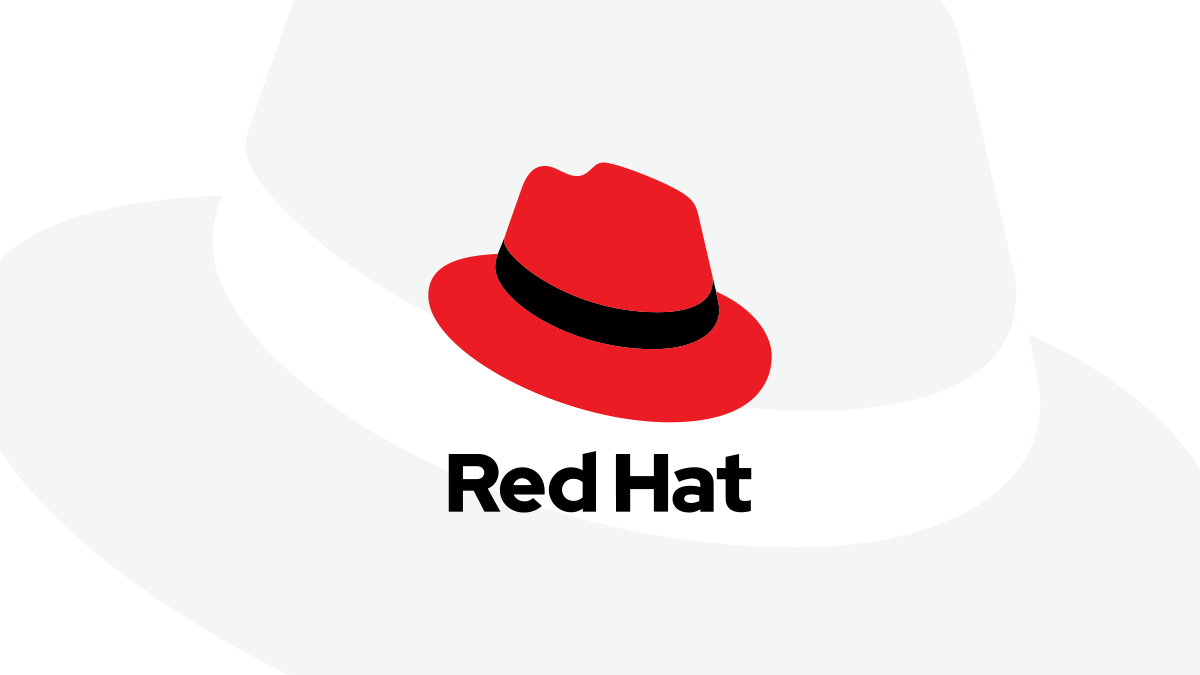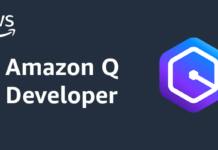Red Hat OpenShift Powers T-Mobile’s Telco Cloud Evolution
In an exciting development at MWC Barcelona on February 18, 2025, Red Hat, Inc., a leader in open-source solutions, announced its collaboration with T-Mobile to revolutionize their telecommunications infrastructure. This partnership sees the integration of Red Hat OpenShift to fuel T-Mobile’s common telco cloud, effectively transforming both their core and edge business operations. Leveraging the capabilities of the Red Hat OpenShift Platform Plus, T-Mobile aims to harness a flexible and scalable platform that paves the way for innovation through streamlined operations and automation. This approach not only reduces costs but also accelerates the deployment of new applications and services.
Embracing Cloud Flexibility and Cost Efficiency
Within the telecommunications sector, the push for greater cloud flexibility is intensifying. As service providers strive to lower costs, they simultaneously need to unlock funds to support new investments. Achieving this balance demands strategic advancements in efficiency and productivity, which can be achieved through software innovation. Red Hat OpenShift Platform Plus presents T-Mobile with the opportunity to create a unified telco cloud, addressing these demands through several key strategies:
- Cost Reduction through Consolidation: By unifying and standardizing infrastructure across diverse workloads, T-Mobile can achieve end-to-end automation, enhancing operational efficiency and keeping costs manageable.
- Standardized Training and Security: The platform offers consistent training, support, compliance, and security capabilities across all stacks. This standardization helps mitigate risks and simplifies the management of varied telecom workloads.
- Faster Time-to-Market: With simplified certification, pre-validation, and lifecycle management processes, T-Mobile can swiftly integrate Virtual Network Functions (VNFs), Cloud-Native Network Functions (CNFs), and IT applications, accelerating the delivery of services.
- Hybrid Multi-Cloud Scalability: The platform supports scalability and flexibility in hybrid multi-cloud environments, enabling T-Mobile to provide more reliable, carrier-grade services tailored to the needs of telecommunications service providers.
Collaborating through the Red Hat Partner Ecosystem
Partnering with Red Hat opens doors for telecommunications service providers to leverage a wide range of open-source technologies and communities. This collaboration enables a direct line for feedback and requests, fostering an environment of innovation and efficiency. The deployment of a unified telco cloud brings together an extensive partner ecosystem within a standards-based framework, enhancing development, testing, and deployment processes. This partnership simplifies workload integration, accelerates certification processes, and expands market opportunities, ensuring seamless alignment with telecom operators’ needs.
With the combined efforts of Red Hat and other key partners, T-Mobile and other wireless service providers can more rapidly introduce new services. These are made possible by pre-integrated, validated partner workloads within a common telco cloud.
Industry Insights and Reactions
Fran Heeran, Vice President of Global Telecommunications, Red Hat, shared insights on the collaboration, stating, "As telecommunications service providers face increasing demands for cloud flexibility, consistency, and cost optimization, Red Hat OpenShift provides a standardized, scalable foundation to drive efficiency and innovation. By collaborating with T-Mobile to power its common telco cloud, Red Hat will help unlock new opportunities for streamlined operations, faster service delivery, and a simplified approach to managing diverse workloads across the core network. Together, we’re enabling a flexible, carrier-grade platform that not only meets today’s needs but lays the groundwork for tomorrow’s advancements."
Lori Ames, Senior Vice President of Cloud, IP & Transport Technology at T-Mobile, emphasized the transformative potential of their multipurpose cloud initiative: “T-Mobile’s multipurpose cloud will bridge us from a traditional telco to a dynamic techco, exposing previously untapped innovation while enhancing operational efficiencies. By partnering with best-in-class providers like Red Hat to leverage cloud-native agility, automation, and AI-driven insights, we’re redefining connectivity for the digital economy by meeting our customers where they need us.”
Understanding the Technical Aspects
To appreciate the significance of this partnership, it’s essential to understand some technical jargon:
- Open Source Solutions: These are software solutions where the source code is made available to the public, enabling users to modify and distribute the software as needed. This approach fosters collaboration and innovation.
- Telco Cloud: This refers to the use of cloud computing technologies in telecommunications infrastructure, allowing for flexible and scalable network services.
- Red Hat OpenShift: An enterprise Kubernetes platform that provides a secure and scalable way to build, deploy, and manage applications.
- VNFs and CNFs: Virtual Network Functions (VNFs) and Cloud-Native Network Functions (CNFs) are essential components for building modern telecommunications networks. VNFs virtualize network functions, while CNFs are designed to run within cloud-native environments.
- Hybrid Multi-Cloud Environments: These environments involve the use of multiple cloud services from different providers, offering greater flexibility and reliability.
Conclusion: A Path Towards Innovation
The integration of Red Hat OpenShift into T-Mobile’s operations marks a significant milestone in the telecommunications industry. By embracing cloud-native technologies, T-Mobile is not only enhancing its operational efficiency but also paving the way for future innovations. This partnership exemplifies how collaboration between leading technology providers can drive the evolution of telecommunications infrastructure to meet the demands of a rapidly changing digital landscape.
For more information, you can visit the original announcement on Red Hat’s website.
For more Information, Refer to this article.


































